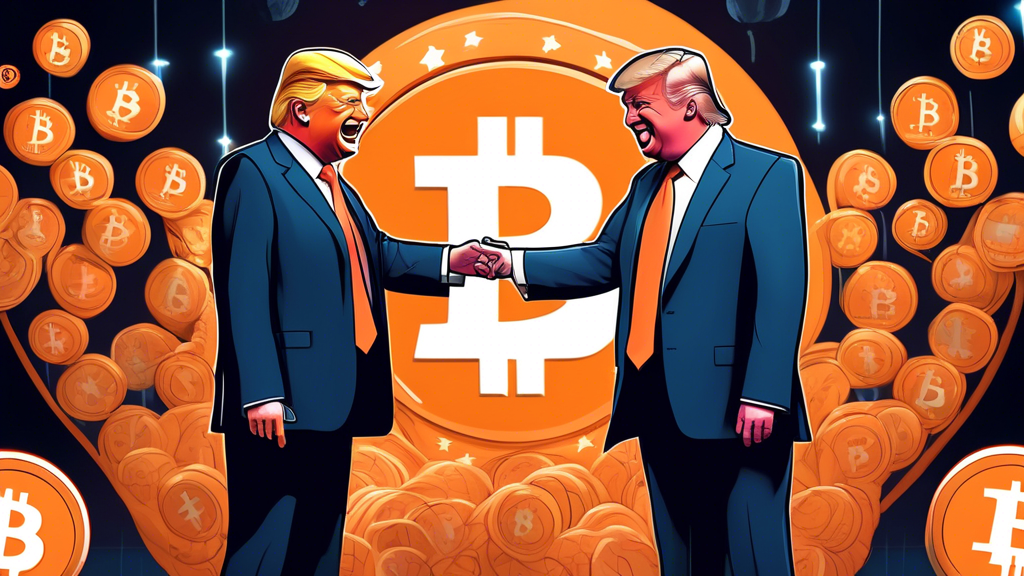Goldman Sachs to Launch Three Tokenization Projects
Goldman Sachs, the prestigious global investment bank, is making significant strides into the digital asset space with its latest announcement to launch three tokenization projects. This initiative marks a transformative phase for the financial services giant, aligning with the broader industry trend of embracing blockchain and distributed ledger technology (DLT).
Breaking New Ground in Digital Finance
The move into tokenization by Goldman Sachs is seen as a major endorsement of blockchain technology’s potential to revolutionize the way assets are managed, traded, and stored. Tokenization – the process of converting rights to an asset into a digital token on a blockchain – offers numerous benefits including increased efficiency, transparency, and accessibility in financial transactions.
Details of the Tokenization Projects
Though specific details about the nature of the three projects are scant, insiders suggest they span across different asset classes and industries. Experts speculate that one of the projects could involve real estate, given its popularity as a tokenization asset class due to the ease of splitting ownership and the potential for increased liquidity. Another project is rumored to target the art and collectibles market, a sector that is rapidly adopting blockchain to authenticate and fractionalize ownership of unique items. The third project may focus on financial instruments, potentially transforming the way bonds, stocks, and commodities are issued and traded.
Strategic Partnerships and Technology Adoption
To expedite these projects, Goldman Sachs is reportedly exploring strategic partnerships with established blockchain platforms and emerging tech startups. The choice of blockchain protocol and technology stack will be crucial in determining the scalability, security, and regulatory compliance of the tokenized assets. Goldman Sachs’ history of innovation and its existing infrastructure in digital assets management positions it well to navigate these challenges.
Implications for the Market
The announcement is expected to have wide-reaching implications for the financial market, potentially setting new standards for how assets are viewed and managed in the digital era. By leveraging tokenization, Goldman Sachs could unlock new liquidity pools for traditionally illiquid assets, and offer more democratic access to investment opportunities that were previously out of reach for average investors.
Challenges Ahead
Despite the clear advantages, the pathway to implementing these tokenization projects is fraught with regulatory, technical, and operational challenges. The regulatory landscape for digital assets remains uncertain in many jurisdictions, and there are significant hurdles related to ensuring the security, privacy, and interoperability of tokenized assets. Moreover, achieving widespread adoption will require significant efforts in educating both institutional and retail investors about the benefits and risks of tokenized investments.
Goldman Sachs’ entry into the tokenization space is a clear signal of the financial industry’s continued shift towards digital assets. As these projects develop, they will undoubtedly serve as benchmarks for innovation, offering valuable insights into the practical challenges and opportunities of tokenizing real-world assets.


